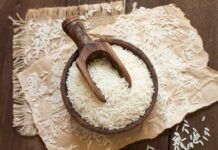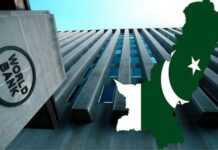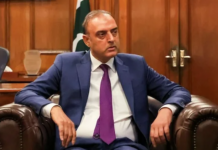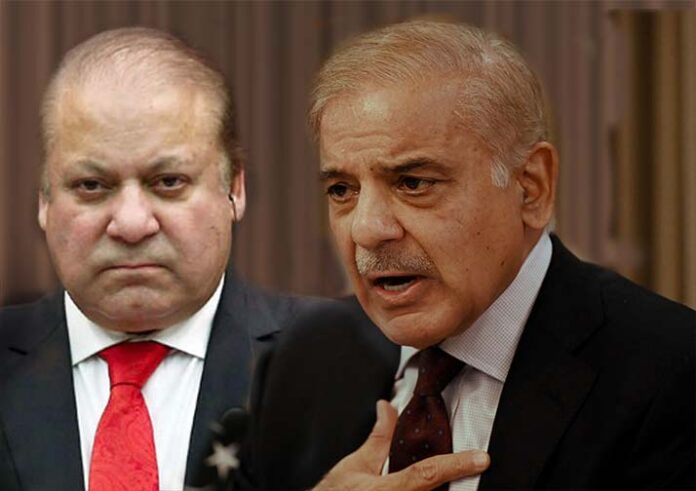There is a sort of unspoken understanding within Pakistan’s political elite that the Chief Minister’s office in Punjab is the most sought after government position in the entire country. Punjab is the largest province by population, it gets the biggest slice of the NFC award (Sindh comes in second at around half the amount Punjab gets), and has the most number of industrial cities in the country.
Any man or woman that finds his or herself occupying the CM house in Lahore is presented with an incredible opportunity to run good looking projects in education, health, and other important sectors on as large a scale as possible without the headache of fixing the economy or managing Pakistan’s foreign policy.
On top of that, Takht-e-Punjab is considered a stepping stone to the Prime Minister’s office, which is largely an unearned reputation. Only four men have graduated from Chief Minister of Punjab to the Prime Minister’s office. The first two, Feroz Khan Noon and Malik Meraj Khalid, did so on technical grounds. Mr Noon was briefly prime minister for just under 10 months in 1958. Before his brief premiership, Mr Noon was unilaterally appointed chief minister of Punjab from 1953-55 at a time when provincial elections and legislatures were not a developed concept. Similarly, Malik Meraj Khalid was Zulfiqar Ali Bhutto’s pick for Chief Minister before he became Prime Minister in the 1990s in a caretaker capacity.
There are really only three men that have gone from CM to PM in Pakistan through the electoral process. One of them, Zafrullah Khan Jamali, was the executive of the Balochistan government twice before he became prime minister in 2002. The other two are brothers. Mian Nawaz Sharif and Mian Shehbaz Sharif both went from leading the Punjab government to the federal government.
But even as the younger Sharif stumbles through his second stint as prime minister, his older brother is perhaps the first to voluntarily take a bit of a backslide on the political ladder. Ever since the February elections where the PML-N barely managed to form a coalition government even after the elimination of their opponents the PTI, Mian Nawaz has seemed more interested in the affairs of the Punjab Government than with his party’s government in Islamabad. The content in this publication is expensive to produce. But unlike other journalistic outfits, business publications have to cover the very organizations that directly give them advertisements. Hence, this large source of revenue, which is the lifeblood of other media houses, is severely compromised on account of Profit’s no-compromise policy when it comes to our reporting. No wonder, Profit has lost multiple ad deals, worth tens of millions of rupees, due to stories that held big businesses to account. Hence, for our work to continue unfettered, it must be supported by discerning readers who know the value of quality business journalism, not just for the economy but for the society as a whole.To read the full article, subscribe and support independent business journalism in Pakistan
























